Apricot in Central New Jersey?
ttonon
15 years ago
Related Stories
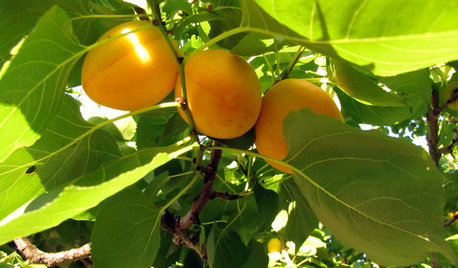
EDIBLE GARDENSHow to Grow Your Own Apricots
Velvety fruit, pretty blossoms and interesting bark make apricot trees a delight — and they’re great for smaller gardens
Full Story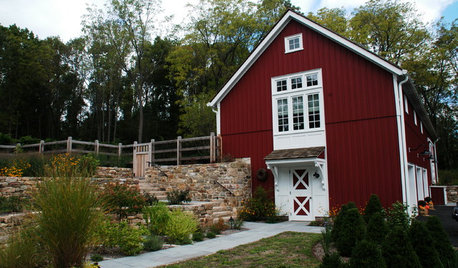
HOUZZ TOURSHouzz Tour: Farmhouse Meets Industrial in a Restored New Jersey Barn
Amish craftsmen, trusting clients and an architect with a vision save a historic barn from a complete teardown
Full Story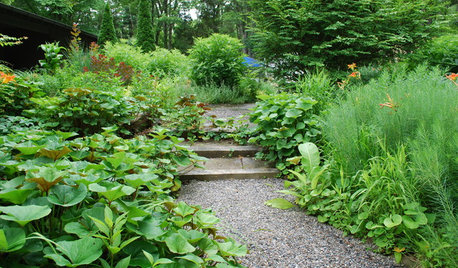
LANDSCAPE DESIGNTour a New American Garden in New Jersey
See how James Golden built his garden in a depression with wet clay and rogue cedars
Full Story
HOUZZ TOURSMy Houzz: Transitional Style in Rural New Jersey
Windows aplenty and an uncluttered design help transform a dark and cramped colonial into a light-filled retreat
Full Story
HOUZZ TOURSHouzz Tour: Creativity Captivates in a New Jersey Family Haven
Handmade treasures arranged artfully and with love fill a DIY-savvy blogger's bright and cheery home
Full Story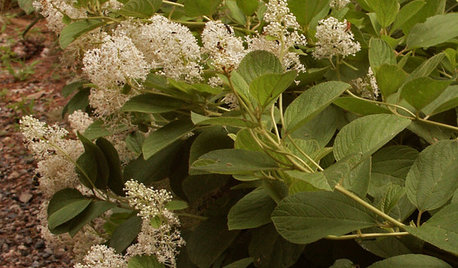
GARDENING GUIDESGreat Design Plant: Ceanothus Americanus
Thriving in lean soil and attracting the good bugs, New Jersey tea is a boon to full-sun areas of the garden
Full Story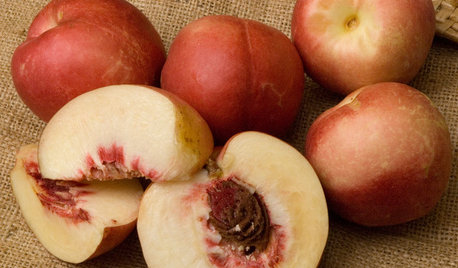
EDIBLE GARDENSGrow Plum Hybrids for Your Favorite Fruit Flavors
Plums are cozying up with apricots, peaches and even cherries — here’s how to grow these hybrids for the best aspects of each
Full Story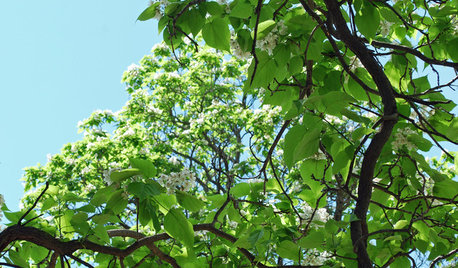
LANDSCAPE DESIGNGreat Design Plant: Retreat to the Shade of Hardy Catalpa
Big foliage and a towering height provide a shady respite in summer, but that's not all hardy catalpa offers dedicated gardeners
Full Story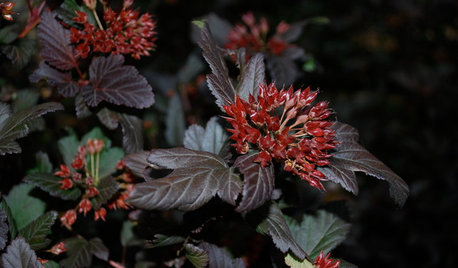
LANDSCAPE DESIGNGreat Design Plant: Sun-Loving Ninebark Puts on a Color Show
This tall, dark and handsome native shrub is equally at home in jeans and boots or in a suit and tie
Full Story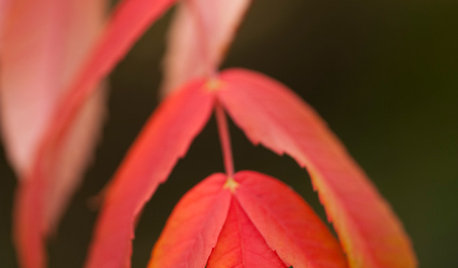
GARDENING GUIDESGreat Design Plant: Rhus Glabra
Smooth sumac provides powerful jolts of fall color and persistent fruit clusters that add interest through the winter
Full Story


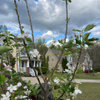
Scott F Smith
alan haigh
Related Discussions
Try to Find Jujube in Central New Jersey
Q
Central Jersey swap (New Brunswick)
Q
Where to buy Windmill Palm around central New Jersey
Q
remodeling in Central New Jersey
Q
olpea
Scott F Smith
jellyman
alan haigh
olpea
alan haigh
ttononOriginal Author
jellyman
franktank232
alan haigh
somedudeinthegarden
franktank232
alan haigh